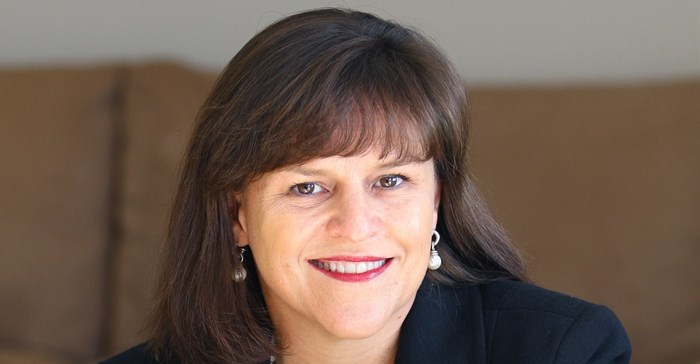
Top stories






More news


Marketing & Media
Ads are coming to AI. Does that really have to be such a bad thing?













And now the country has tightened up its regulations by implementing a licencing requirement for entities wanting to carry out financial services within its domain. “Where previously any business could deliver financial services, businesses now have to apply for a specific licence for the type of financial services offered,” says Soria Hay, head of corporate finance at investment bank and advisory firm, Bravura.
“Applicants are required to comply with various requirements, including the updated code of corporate governance, to prevent conflict of interest, financial crimes and money laundering. This legislation is necessary to further entrench Mauritius as an international financial centre of substance.”

Hay says a company with a global investment strategy and a desire to take advantage of the benefits of highly developed financial market infrastructure would do well to consider Mauritius as its business jurisdiction and the Stock Exchange of Mauritius (SEM) as its primary listing market. “The benefits of doing business in Mauritius coupled with a secondary listing within the common monetary area (CMA) provide an excellent growth platform,” says Hay.
“The internationalisation of the SEM has made it one of the leading and most innovative exchanges in Africa which offers a listing, trading and capital-raising platform of choice for a multitude of companies wishing to use the platform in order to fuel their growth initiatives.
“The flexibility of the SEM rules, while at the same time respecting international regulatory standards, has contributed significantly to an influx of companies operating in the global business in Mauritius to select SEM as a primary listing destination,” she says.
Created in 1989, the SEM has grown from six listings to around 150 listings in 2016 and operates two distinct boards, including the Official Market where some of the largest companies in Mauritius as well as global companies are listed. The Development and Enterprise Market, on the other hand, offers opportunities for start-ups and other companies looking for a viable alternative platform to raise capital and pursue their development objectives. Value creation by companies listed on the SEM is evidenced by a number of listed companies achieving annualised total USD returns of over 12% over an extended period of more than 20 years.
“Although there is a limited pool of domestic capital in Mauritius, the presence of global investors and the suitability of the SEM for a primary listing assist in mitigating the impact on capital raising activities,” says Hay. “A secondary listing within the CMA, known as an inward listing for exchange control purposes, enables the company to benefit from the substantial capital pool found primarily in South Africa, providing investors within the CMA with an attractive rand hedge and global exposure.”
A number of SEM-listed investment holding companies and property companies have successfully tapped into the deep pool of capital in the CMA, with inward-listed SEM companies having raised a total of about $1,5bn from 2012 to 2015.
Whilst a listing on the Official Market requires a minimum market capitalisation of MUR20m ($600k), certain other listing rules (e.g. shareholder spread) can be waived at the discretion of the SEM’s listing executive committee, for example in the case where a new investment holding company with a global business company licence (GBC 1) is seeking a listing.